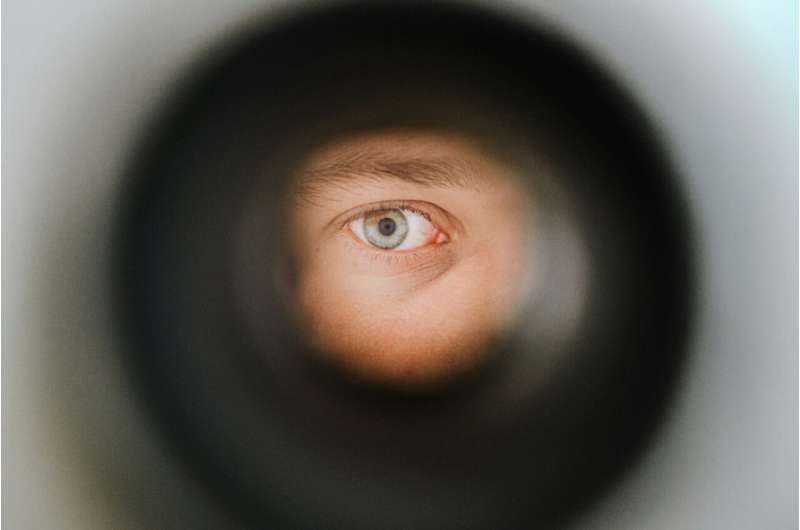This article has been reviewed according to Science X's editorial process and policies. Editors have highlighted the following attributes while ensuring the content's credibility:
fact-checked
peer-reviewed publication
trusted source
proofread
Watching others' biased behavior unconsciously creates prejudice, finds study

We unconsciously form prejudice toward groups when we see biased people interact with members of a group. That is according to new research by psychologists of the University of Amsterdam (UvA), who show for the first time that observational learning is an important mechanism of prejudice formation. Their results were published in Science Advances.
David Amodio (UvA) says, "What we found in our research is that prejudice can form by merely observing other people's social interactions. When an observer views a prejudiced person's interaction with a group member, they unconsciously form the same prejudice. Moreover, because observers are unaware that they picked up this bias, they go on to act with prejudice in their own behavior."
This mechanism helps to explain how societal prejudices spread so easily, for example, through the viewing of TV programs, YouTube or other social media where biased interactions with certain groups take place. By merely observing those interactions, vicariously and with no direct contact, people may take on the same prejudices.
During the experiments, a research participant viewed interactions between an actor and members of two different groups. Across participants, the actor varied in prejudice, but the behavior of group members was always identical.
When observers later interacted with the same group members, observers showed a preference in line with the actor's prejudice. Moreover, observers were unaware that they were influenced by the prejudiced actor; instead, they misperceived worse behavior from group members who interacted with a prejudiced actor, when in fact, members of both groups acted the same.
Amodio says, "A troubling implication is that, because the observer believes that their preference is based on objective evidence, they have no reason to question it or control it."
More information: David T. Schultner et al, Transmission of social bias through observational learning, Science Advances (2024). DOI: 10.1126/sciadv.adk2030
Journal information: Science Advances
Provided by University of Amsterdam





















